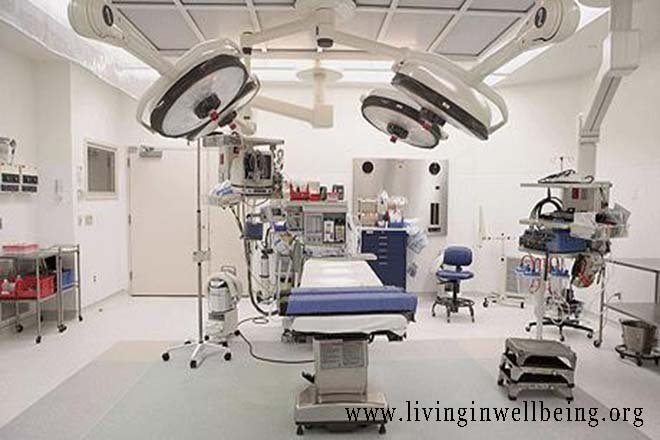
Many times after a fall, a senior may be in the hospital for days, weeks, or even months while they work on recovering. Having round-the-clock care and medical attention is wonderful and vital to their recovery, but what happens when they are released from the hospital and it is time to go home? This can be just as much of a daunting time as it is a happy one, especially if there is very little or no money for home health care and most family members work full-time, so they are unable to stay with their loved one 24/7. In these situations, coming home can become a more frightening experience than a jubilant one. A medical alert system can be of great help in the post hospitalization efforts for a senior patient.
More than likely, it will be difficult to afford home health care 24 hours a day, 7 days a week with a medical professional. It is also quite likely that family members and loved ones will be unable to be with the patient 24 hours a day, 7 days a week. Even if someone is still there part of the time, what can help make the patient feel safe and give their loved ones peace of mind when the patient is all alone? A medical alert system can easily take on this task. With a medical alert system at home, the patient can press the medical alert button located right on their medical alert bracelet, necklace or pendant that will be on their body at all times. Immediately, the operators at the medical alert service will be on the speakerphone, ready to assess the situation and send the proper help. The service is also a lot more affordable than round-the-clock health care.
Home health care that is provided 7 days a week, 24 hours a day can cost several hundred thousand dollars a month depending on the required care. If the patient doesn't have health insurance, this means that it all comes out of pocket. There are not many people who have several hundred thousand dollars just lying around at the end of every month, so they have to look for alternatives for post hospitalization care. A medical alert system has become one of the most affordable and proven services used in addition to or in lieu of round-the-clock home health care.
All Around Peace of Mind
Even if there is someone in the house with the patient all of the time, a fall can occur in just a quick second. Imagine a situation where a senior is at home with a family member and they need a prescription from the pharmacy. Since the patient is homebound, they are unable to go to the pharmacy with their family member so they need to stay home. Even if the family member is gone for only 20 minutes, the patient could easily fall or encounter some other type of emergency. Does this mean that they should never be left alone again? That seems awfully unfair to the patient, and not allowing them to maintain some autonomy can greatly affect their state of mind and quality of life. With a medical alert system at home, family members do not have to worry about leaving the home. If something does occur in the short period of time they are gone, the patient can push the button on their medical alert bracelet, pendant or necklace and help will soon be on the way.
Affordability Factor
When a senior has a fall and ends up in the hospital, the bills associated with however long they need to stay there can be incredibly steep. After they leave the hospital, if they need more home care, it can easily bankrupt their family. No one wants this. While home health care can cost several hundred thousand dollars a month, a medical alert system only costs between $17.95-$24.95 a month. Now, it is important to note that a medical alert system cannot fully replace home health personnel or a family member taking regular care of the patient. It is, however, a great addition to any homebound situation for a senior recently out of the hospital. The cost is minimal and it can help the patient to be on their own more often then they need a medical professional or other person looking over them. This can help with all of the post hospitalization fees that they may now have.
Higher Probability of Accidents After Hospitalization
When a patient returns home from the hospital, they are typically not 100% well. They are simply well enough to go home. With a decreased level of health, accidents are more likely to happen. Even getting light-headed while coming down the stairs could lead to a disastrous fall. Knowing that after a hospital visit it may take a little while to feel back to normal, it is good practice to take all the necessary precautions to make sure the patient is taken care of at all times. Since it is near impossible for most people to afford round-the-clock care, a medical alert system can provide help in their absence. With a medical alert system to aide a patient following a lengthy hospital visit, there is a lesser probability that any accidents that may occur will result in a really scary situation with no one to help.
A medical alert system is never a replacement for a home health professional or other caretaker at home. However, it is a great way to provide post hospitalization care at a more affordable price and 24 hours a day, 7 days a week. Having a medical alert system after a hospital visit is an incredibly smart decision for anyone.
Article Source: http://goarticles.com/article/Using-a-Senior-Medical-Alert-System-As-Reinforcement-in-Post-Hospitalization-Care/7072196/












